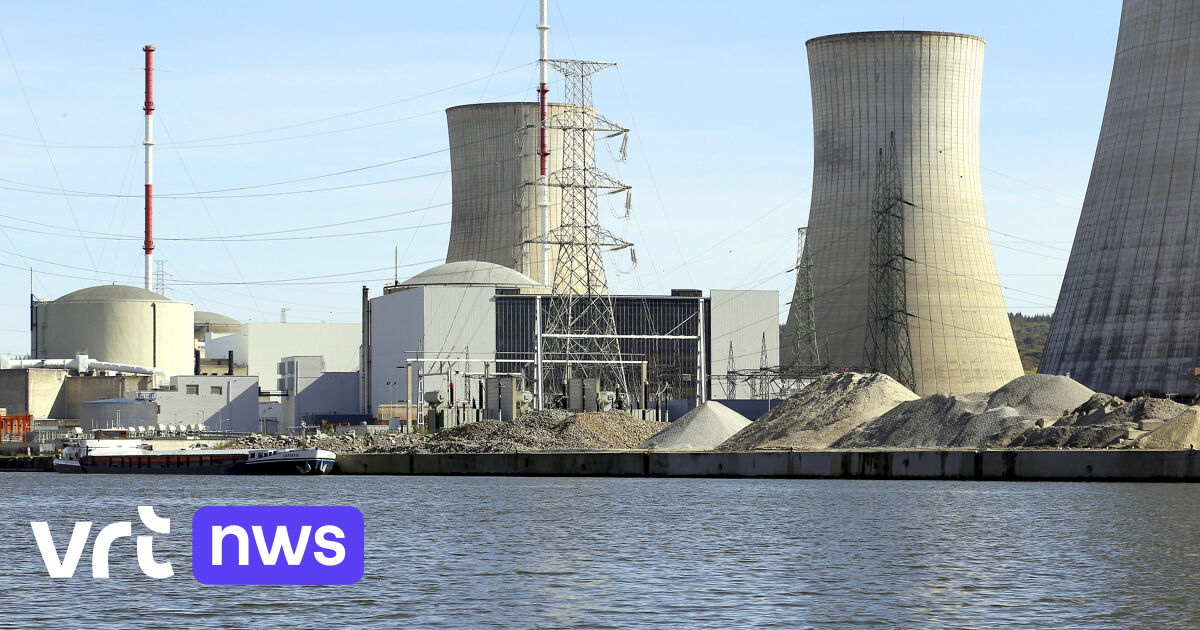–
Bugs that caused degraded performance on AMD processors in Windows 11 are already fixed, updates are available. There was also an explanation where a strange bug with a 3x slower L3 Cache took off.
When the Windows 11 processors came out at the beginning of the month, it turned out that they are in the final version as well two bugs, degrading the performance of AMD Ryzen processors. Non-functional detection of preferred cores could reduce single-threaded performance, but at the same time, the processors also seemed to have significantly slowed down the L3 cache. There should already be a patch for both of them, and a possible explanation for how a rather strange bug slowing down the L3 cache was created has also emerged.
New drivers
The solution was announced on AMD’s website on Thursday, and both issues are said to be fixed. As mentioned earlier, the first problem was to be solved by Microsoft, the second by AMD drivers. You are already out, the fix brings drivers for the AMD (AMD Chipset Software) chipset 3.10.08.506, which you can find it here.
The error fixed by these drivers should only occur in Windows 11 (it is a regression against Windows 10, you do not have to solve anything with them) and was that the system of preferred kernels did not work. With this, Windows uses the CPPC2 interface to identify the processor cores that achieve the best performance (so-called preferred cores) and use them preferentially for single-threaded tasks.
On Windows 11, this stopped working for the Ryzens for some reason, so the system used kernels regardless of whether they were preferred. As a result, the application could come up with a kernel with which the processor could not boost at such a high clock speed as the preferred one, so performance could be a few percent worse. But now this problem should be solved within the drivers within. For processors with Zen 3 architecture, it should be enough to install it, for older generations with Zen (+) and Zen 2 cores, AMD states that for ideal performance, the AMD Ryzen Balanced power scheme should be chosen.

Update Windows 11
On the contrary, the first error is solved directly by updating Windows 11 – it is an update of KB5006746, find it can be here, perhaps it should be distributed automatically through Windows Update. This is an update that brings additional changes and fixes, so this build is not purely a fix for a problem with AMD processors. According to AMD, after these fixes, Ryzen processors in Windows 11 should work as they should.
This second bug was reflected in the fact that the L3 cache of Ryzen processors (probably for all generations) had significantly reduced performance, in programs such as AIDA the latency and throughput would be up to three times worse than in Windows 10. And it was not just a problem in This test, according to AMD, was a reality even in applications that potentially had a few percent worse performance. The biggest slowdown in some games was supposed to be up to 15% (typically it should only be up to 3-5%).
Especially with this second bug, it was quite surprising how a problem in the software could change the performance of the L3 cache, for example, there was speculation about whether it is a fix (so-called mitigation) of a security vulnerability in the architecture of Specter bugs and similar . But that probably didn’t happen, given that performance was restored again.

Was the source of the L3 cache caching problem?
One explanation is offered by Andrei Frumusama from the AnandTech website, although it is not entirely clear where he gets this information from and whether it is actually confirmed. According to him, it happened that the cache normally ran in the processor with its standard latency and frequency, but for some reason in Windows 11 part of it was turned off.
This is because Ryzen processors can turn off part of the L3 cache capacity when not in use to reduce CPU consumption. In Windows 11, cache blocks were reportedly disabled incorrectly in this way, even though the processor needed them. The processor may have had only 2 MB of L3 cache active (or how much is the minimum amount that the processors leave on) instead of the full 32 MB for the Ryzen 5000.
People still misrepresent/misunderstand the AMD L3 issue. It was never *slower*. It was just smaller. It was actually a great proof that they can partially power down the cache.
– Andrei F. (@ andreif7) October 21, 2021
This would then cause that drop in performance in the applications. In such a state, AIDA measures higher latency and lower capacity because its test counts on higher capacity and actually instead of latency and throughput L3 measures another degree of memory hierarchy, which is already operational memory (the resulting score is partly a representation of throughput and RAM latency , but the results will not be exactly the same, because at the beginning part of the test still used a reduced L3 cache).
But we will only see if this explanation is confirmed. AMD or Microsoft never said anything about the reasons for both slowdowns.
Resources: AMD, Andrei Frumusamu / Twitter


